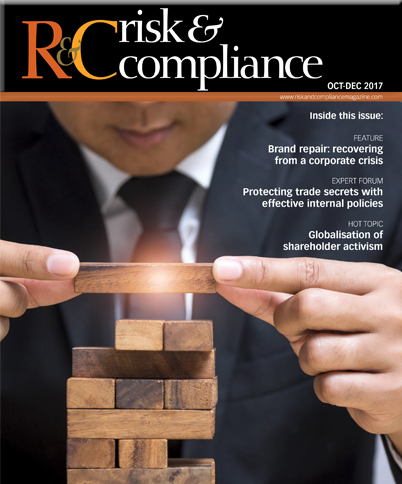GLOBALISATION OF SHAREHOLDER ACTIVISM
R&C: After years of being primarily a US phenomenon, how would you characterise the extent to which shareholder activism has gone global? Why are shareholders in wider jurisdictions now rejecting their traditionally passive roles to become more vocal as to their rights and expectations?
Derem: Shareholder activism is a broad term with many different interpretations. Whereas typically activists are thought of as large hedge funds that wage public proxy battles, other institutional investors, from US public pension funds to traditional asset managers, have become more ‘activist-like’ in that they are publicly vocalising their demands of boards of directors and company management. This is a result of a number of factors, including the global financial crisis, and in the US, the significant rise in the assets invested in passive investments – where asset managers have no choice but to own an index of stocks. Passive managers’ primary way to influence the strategies impacting the long-term return of their investment is via shareholder engagement and ‘activist-like’ stances. Passive investments, like index-based ETFs, are not nearly as prominent outside of the US, so the need for this type of activism in Europe and other countries is not as likely to take hold. However, whereas historically European investors primarily carried a lax attitude toward companies’ risk taking and corporate governance, the financial crisis spurred a call to action within the EU.

